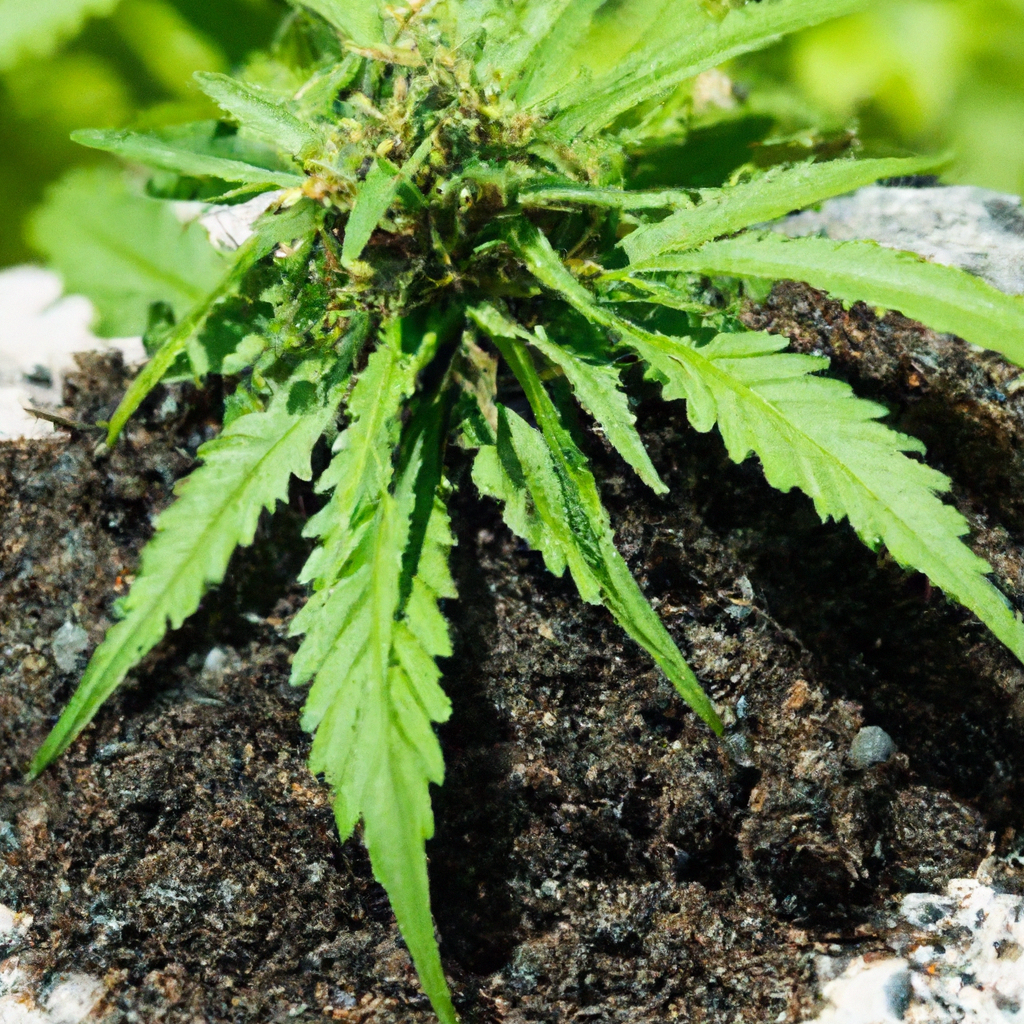Your cart is currently empty!
Organic cannabis cultivation offers a sustainable and environmentally friendly way to grow high-quality cannabis. By focusing on natural fertilizers, compost, and pest control methods, growers can create thriving plants without relying on synthetic chemicals. This guide explores best practices in organic cannabis cultivation, highlighting the benefits and steps to achieve a sustainable grow.
Nurturing a Healthy Soil Ecosystem
Building a robust soil ecosystem is crucial for successful organic cannabis cultivation. Healthy soil serves as the foundation for plant nutrition and resilience. Here’s how to develop a vibrant soil ecosystem:
- Compost Use: Start by enriching your soil with homemade or purchased compost. Compost improves soil structure, enhances nutrient content, and increases microbial activity.
- Beneficial Microbes: Introduce beneficial microbes to support plant health. Mycorrhizal fungi and bacteria, such as Bacillus subtilis, can enhance nutrient absorption and protect roots against disease.
- Crop Rotation: Practice crop rotation to prevent soil depletion and reduce pest pressure. Alternating cannabis with other plants like legumes can replenish soil nutrients.
Natural Fertilizers for Organic Cannabis
Natural fertilizers are key to promoting vigorous growth and bountiful yields. Unlike synthetic fertilizers, they enrich the soil sustainably and harmoniously.
- Fish Emulsion: A high-nitrogen liquid fertilizer, fish emulsion boosts vegetative growth. It’s a byproduct of the fishmeal industry and a valuable resource for organic gardens.
- Bokashi: This composting method uses beneficial microorganisms to ferment organic waste. It produces nutrient-rich material excellent for enhancing soil quality.
- Bone Meal: This slow-release fertilizer supplies phosphorus, supporting root development and flowering. Apply carefully to avoid phosphorus buildup.
Eco-Friendly Pest Control
Effective pest management doesn’t have to involve harmful chemicals. Organic methods focus on prevention and control using natural solutions.
- Companion Planting: Plant pest-repelling plants like marigolds and basil near cannabis to ward off unwanted insects.
- Neem Oil: Neem oil’s antifungal and pesticidal properties make it a versatile tool against a variety of common pests.
- Diatomaceous Earth: A natural powder that dehydrates insects, making it effective against crawling pests like ants and slugs.
Benefits of Organic Cannabis for the Environment and Consumers
Choosing organic practices benefits both the planet and cannabis consumers in several ways:
- Environmental Sustainability: Organic cultivation reduces chemical runoff, conserves biodiversity, and improves soil health, contributing to the longevity of ecosystems.
- Consumer Health: Grown without synthetic chemicals, organic cannabis is free from pesticide residues, offering a healthier product for consumers.
- Enhanced Terpenes and Flavors: Organic methods often lead to a richer terpene profile, resulting in more aromatic and flavorful cannabis.
Conclusion
Embracing organic cannabis cultivation not only benefits the environment but also yields a superior product for consumers. By using natural fertilizers, promoting healthy soil, and employing eco-friendly pest control, growers can nurture a better future for both plants and people. Start your organic journey today and experience the rich bounty of a sustainable cannabis harvest.
Discover more from Magic Clones
Subscribe to get the latest posts sent to your email.


Leave a Reply